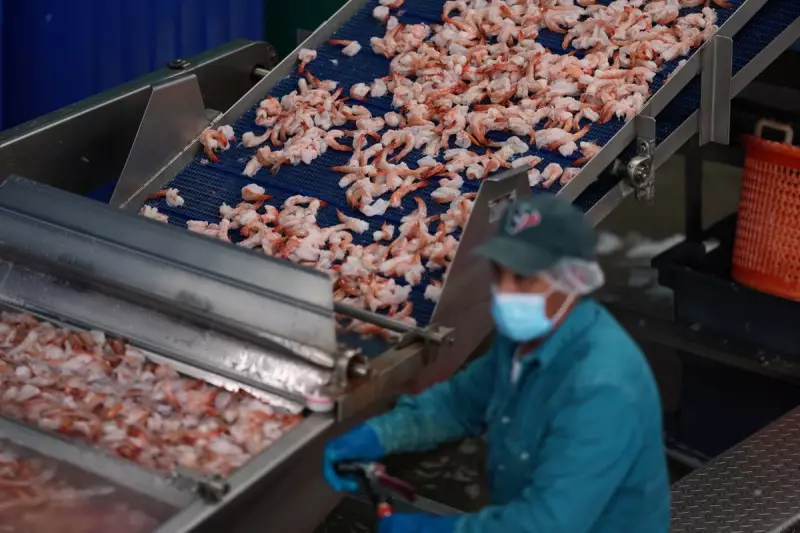
American consumers are facing a startling food safety alert as health authorities have been forced to issue an urgent recall of Vietnamese shrimp discovered to contain disturbing levels of radioactive contamination.
The potentially hazardous seafood, distributed to major retailers across several states, was found to contain unacceptable concentrations of ionising radiation during routine testing, triggering immediate removal from supermarket shelves.
Widespread Distribution Raises Concerns
The affected shrimp products reached stores in key regions including Florida, Washington, DC, and various locations across Georgia and Minnesota. The contamination was identified in multiple packaging formats, including 2-pound bags of frozen cooked, peeled and deveined shrimp that had been previously available to unsuspecting consumers.
Food safety officials have moved quickly to contain the situation, with the recall notice explicitly warning consumers: "Do not eat, sell, or serve this recalled product."
Nuclear Connection Revealed
Investigators have traced the radioactive contamination back to the seafood's country of origin - Vietnam. The discovery has raised serious questions about monitoring and quality control in international food supply chains, particularly regarding nuclear safety standards.
While authorities have been quick to reassure the public that the health risk is relatively low, the incident has highlighted potential vulnerabilities in the global food network that could expose consumers to unexpected dangers.
Consumer Response and Industry Impact
The recall has sent shockwaves through the seafood industry, with retailers scrambling to remove all affected products. Consumers who may have purchased the contaminated shrimp are being urged to return them to point of purchase for full refunds.
This incident marks one of the more unusual food safety scares in recent memory, combining concerns about nuclear contamination with everyday grocery purchases. Food safety experts are now calling for enhanced testing protocols for imported seafood, particularly from regions with potential radiation exposure risks.
The situation continues to develop as authorities work to determine the exact source of the radioactive contamination and prevent similar incidents in the future.





